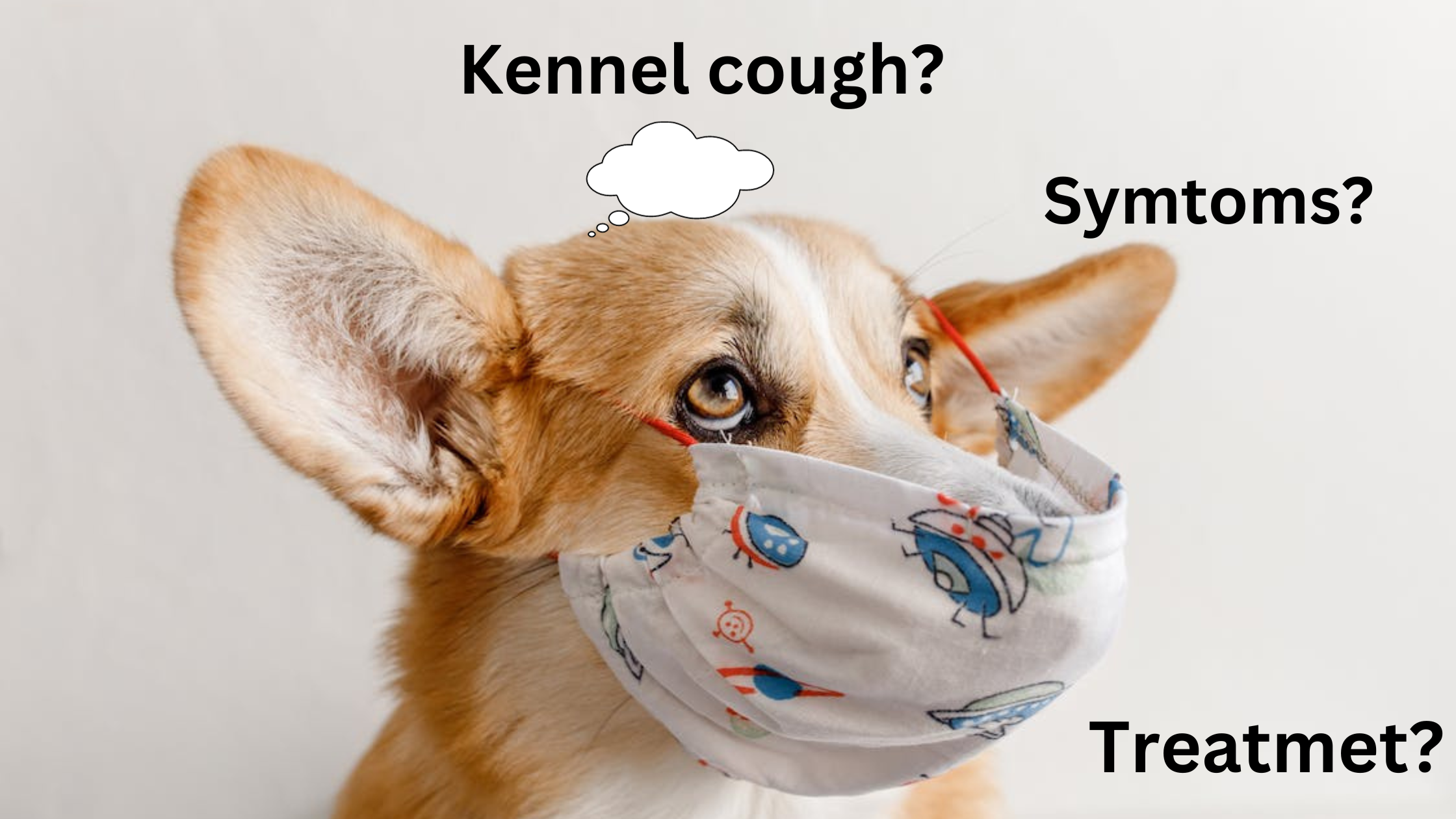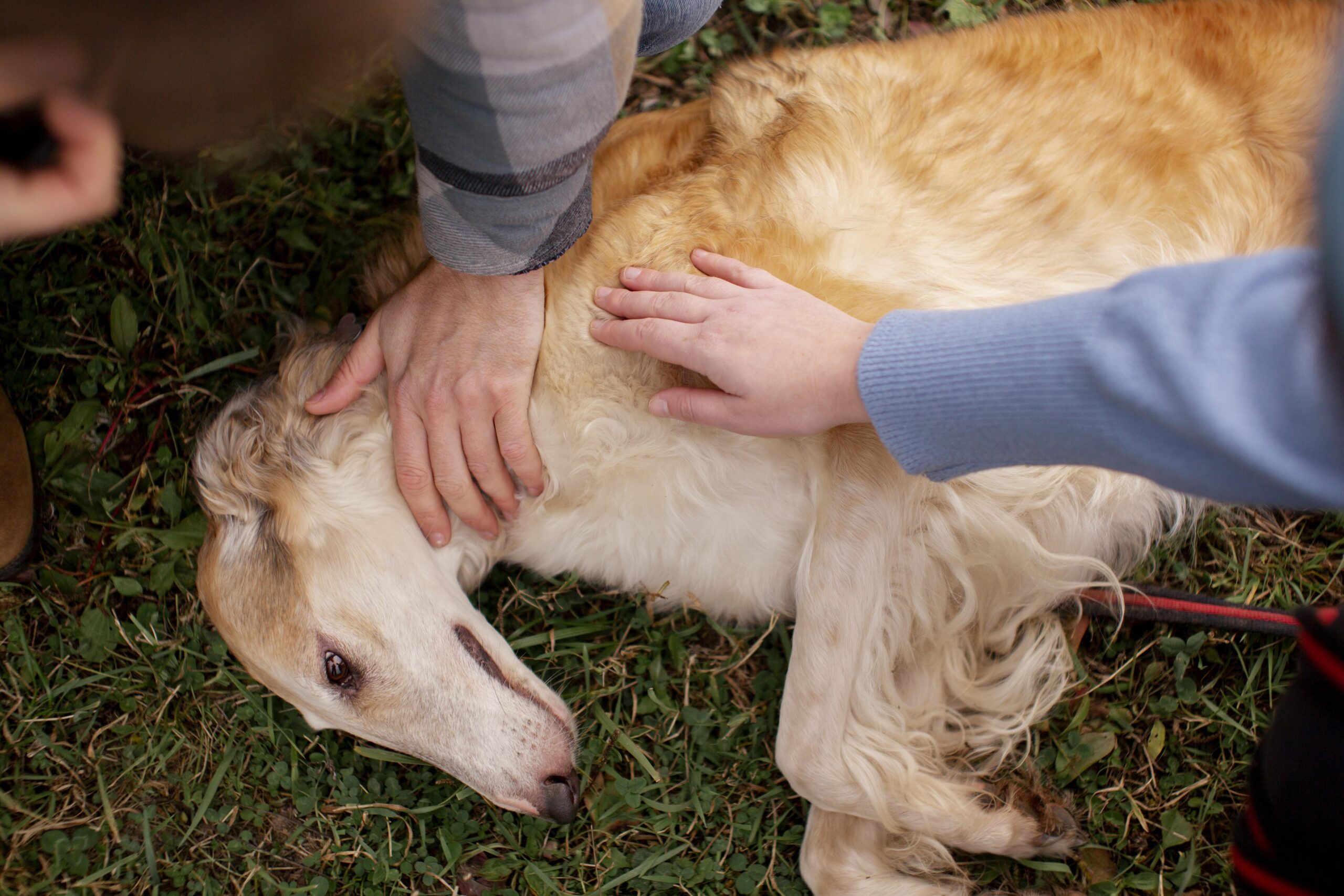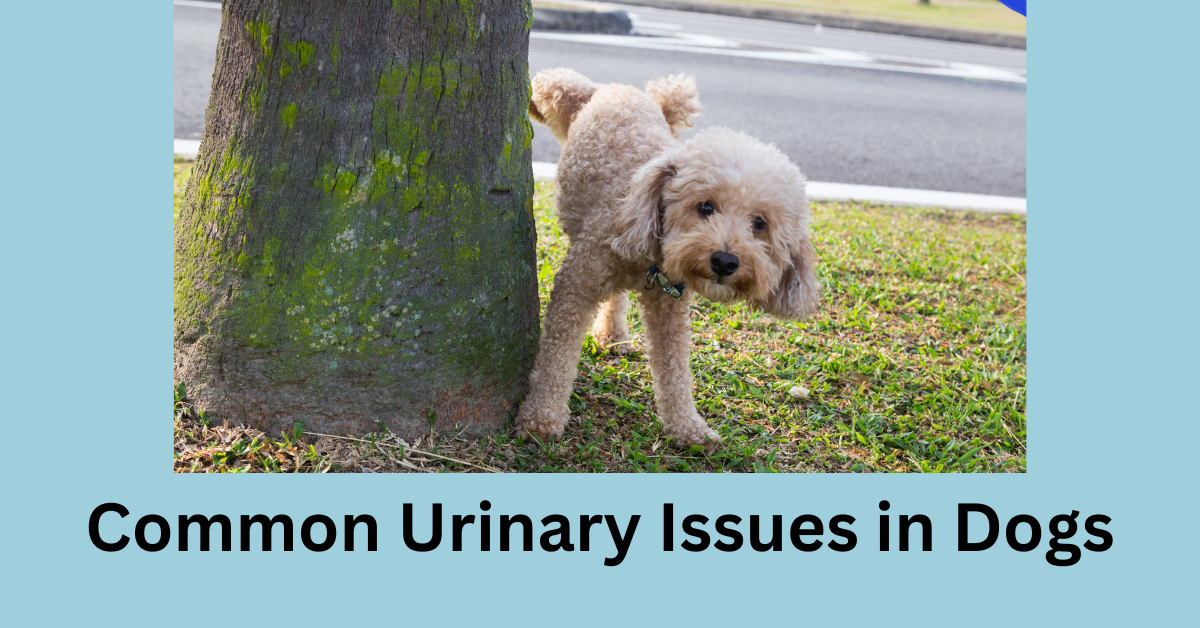Kennel cough is one of the notorious and common respiratory diseases in the dogs. It is the upper respiratory disease and in the medical field it is called Canine infectious respiratory disease or infectious tracheobronchitis. Generally pet owners come to see vet with the complain of sticking of something in the throat. It is harsh hacking or whooping cough after a dog suffer from infectious bronchitis (kennel cough).
Causes of Kennel cough
There are various causes of kennel cough which include bacterial, viral or single cell mycoplasma neither bacteria nor viral). Usually more than one organism is the culprit of this annoying sickness. Common bacterial pathogen is Bordetella bronchiseptica whereas viral pathogens include parainfluenza, adenovirus, distemper, influenza and reovirus. Canine herpes virus cause infection in very young puppies.
Bordetella along with parainfluenza and adenovirus are the classical culprit of the uncomplicated cases, while the complicated cases (pneumonia) are usually caused by the distemper, influenza or mycoplasma.
Predisposing reasons for the infection to spread among the dog population are stress from shipping, crowding, dusty and smoky environment and poor ventilation. All these causes disturb the cilia in the respiratory epithelium which normally protect the trachea from the pathogen by the movement and mucus.
Classical symptoms and Duration of kennel cough
Coughing is the predominant clinical signs associated with the kennel cough. Most dogs have the coughing symptoms for 2 to 3 weeks. Some dogs also expectorate mucus after the coughing and pet owner often confused that with the vomiting. Shedding of bacterial pathogen continued 1 to 3 months after the recovery from the kennel cough. Most dogs have the history of playing with other dogs, kenneled or have got infection from the clinic where already infected pets undergone treatment.
Severe form of kennel cough among dogs can also occur in respiratory syndrome during outbreak. Cough is still the common signs but purulent or mucopurulent discharge from nose and eyes can also occur in those dogs. Some dogs got sick longer by the complicating factor such as pneumonia which could be deadly especially among the puppies. These dogs suffer from fever, lack of appetite, lethargy and respiratory difficulties. outbreak of infection can occur throughout the year especially in those dogs living in populated environment. Severe infection can happen in the puppies which could be life threatening if not treated on time.
When to see doctor for Kennel cough:

Most dog can recover from the cough with in 2 to 3 weeks in uncomplicated cases. Antibiotic can shorten the duration of sickness but antibiotic overuse can also cause antibiotic resistance among animals. Veterinarian can also prescribe over the counter cough suppressant for your dog to provide comfort against coughing. It is better to take the advice for the cough suppressant from the vet otherwise picking wrong cough suppressant might worsen the cough. As long as your dog is eating and drinking fine, smooth recovery from the infection occurs. Once the animal recovered, it is generally immune to this disease naturally for 6 to 12 months.
Complicated cases such as pneumonia might need hospitalization and IV fluid therapy along with oxygen supplementation. Long course of antibiotic and follow up X-rays and visit are usually recommended in the complicated cases.
Dogs prone to Kennel cough and its complication:
Complication in kennel cough cases can also occur which need a lot of care in the hospital and can be costly. Three categories of dogs has risk for complication from kennel cough
- Puppies and young dogs with no record of vaccine
- Old weak dogs with chronic diseases such as cancer or diabetes
- Brachycephalic dogs such as pugs and bulldogs. Monitoring closely to the brachycephalic dogs is important because respiratory difficulty in case of complication can be deadly for them.
You can prevent your dog from this sickness
- Vaccinate the dog by the vaccine against the local strain of common pathogen
- Having less exposure of their dogs with others dogs
- Having proper ventilation in case if the number of dogs are more in room or space
- Avoid contact with the animal which looks sicker
- Don’t take your dog out if it is sick
- Consult the vets incase if your dog is not feeling well
Vaccine against Kennel cough:

Canine adenovirus and parainfluenza virus are usually then part of basic vaccination which is called distemper and parvo vaccine shot. Vaccine for Bordetella bronchiseptica can be given as oral, nasal and injection.
Oral vaccine is squirted in the mouth inside the cheek, with the use of syringe. Oral vaccine can be started as young as 8 weeks and repeated annually. Injectable vaccine generally provides more immunity systemically in the puppies of 4-month age. Injectable vaccine cause swelling or lump on the skin which resolves on it own. Vaccine against the Bordetella bronchiseptica can not guarantee the prevention of disease however it definitely reduced the symptoms of illness.





